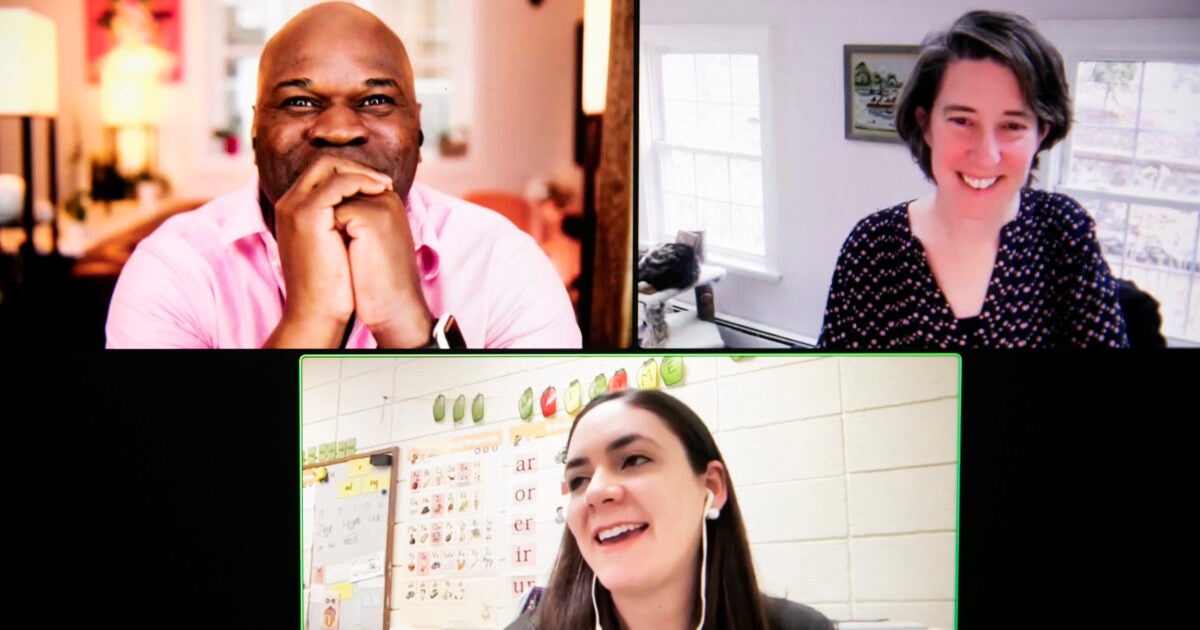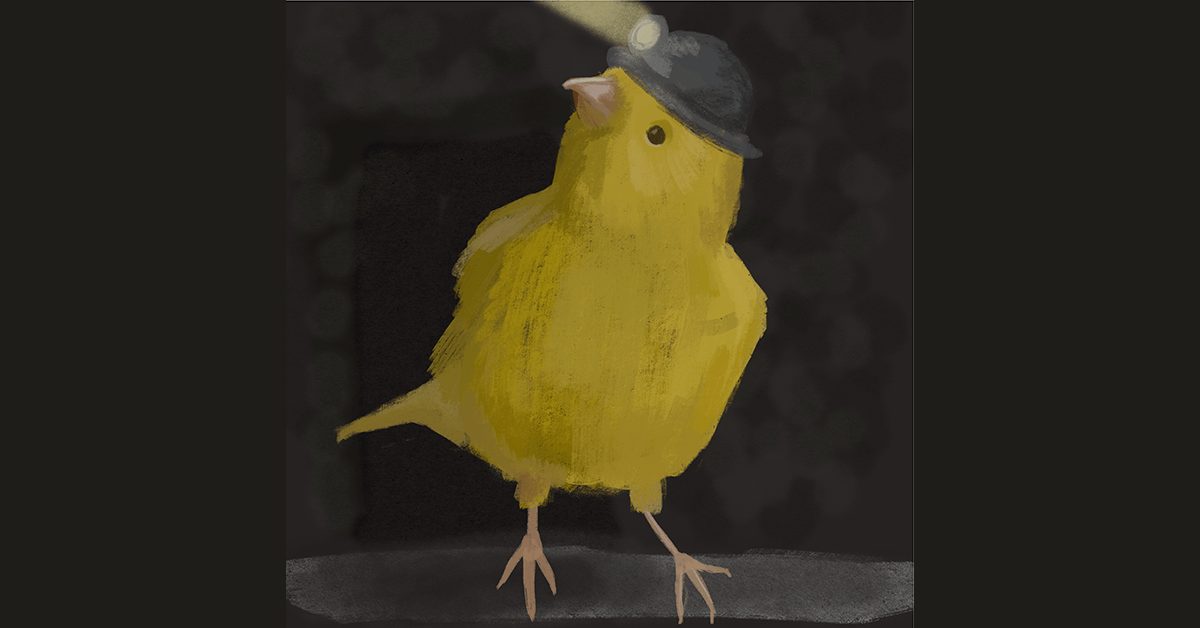Campbell's Law, Standardized Tests, and Authentic Assessment
Ah, the spring air is warming, leaves are popping, flowers budding. It must be time to think about standardized testing season! As a teacher who must dip his toe into the Advanced Placement curriculum, I know exactly how fractious and fraught conversations about standardized testing can be.
Somehow, as I started to gear up for my own "AP Bootcamp" — a period of time where I whip my little AP English Language & Composition students into shape — John Warner's post on Campbell's Law came up on my reading list:

If you aren't familiar with Warner, well, I wish you were! I highlighted a different post by Warner back in the February newsletter. While that post was about Wordle and how it exemplifies good pedagogy, this post on Campbell's Law gets to the heart of what so many educators rebel against: the idea that standardized tests don't really measure the things we want them to measure.
Human beings are amazing at learning skills in specific contexts. Sometimes, those skills bleed over to other tasks. For example, when I teach you how to write a persuasive essay, I'm hoping that the skills you learn there will translate into other areas of critical thought. Often, however, that bleed is minimal. In the case of a standardized test like the SAT, the skill that most students — at least the ones privileged to have the time and money to spend on test preparation — learn is what I would call "The SAT Test-Taking Skill."
To what degree do these skills transfer? ::Shrug::
This is why we must continue to call for authentic assessments. When I teach students to write persuasive essays, for example, I often have them start by writing an argument they care about. One prompt goes like this:
Write an email to the Dean of Students in which you argue for a change to a school policy. For example, you might want some piece of the dress code amended. Use Cicero's six-part oration to outline your ideas, but you don't need to stick to that in your writing.
When I'm at a school where the Dean of Students is game for this sort of thing, I have students actually send the email or do some kind of presentation to make their case. This is an authentic assessment because students are building arguments for something they care about and they have an actual audience for their writing. They target the argument for that person in that office.
If you're subscribing to this newsletter, then you're likely familiar with the idea of "authentic assessment," and you're likely on board with their value over standardized tests. But, just in case, here are the criteria (as summarized by Indiana University) Grant Wiggins lined out for authentic assessments back in 1998's Educative Assessment.
The question, really, is how to gear our assessments so that they accomplish both. How do we create authentic assessments that also set students up for success on these tests?
Your ideas are welcome...
This Month on ROOTED

From Around the Web





About
ROOTED Monthly is a fresh collection of posts, links, and ideas about teaching. Please feel free to forward this newsletter or ask friends to subscribe. We'd love to reach a larger audience, especially if it will be helpful to any educators out there. Lastly, we would love to feature your voice on ROOTED. If you have an idea for an article, please go to our submissions page and get in touch with us.







Comments